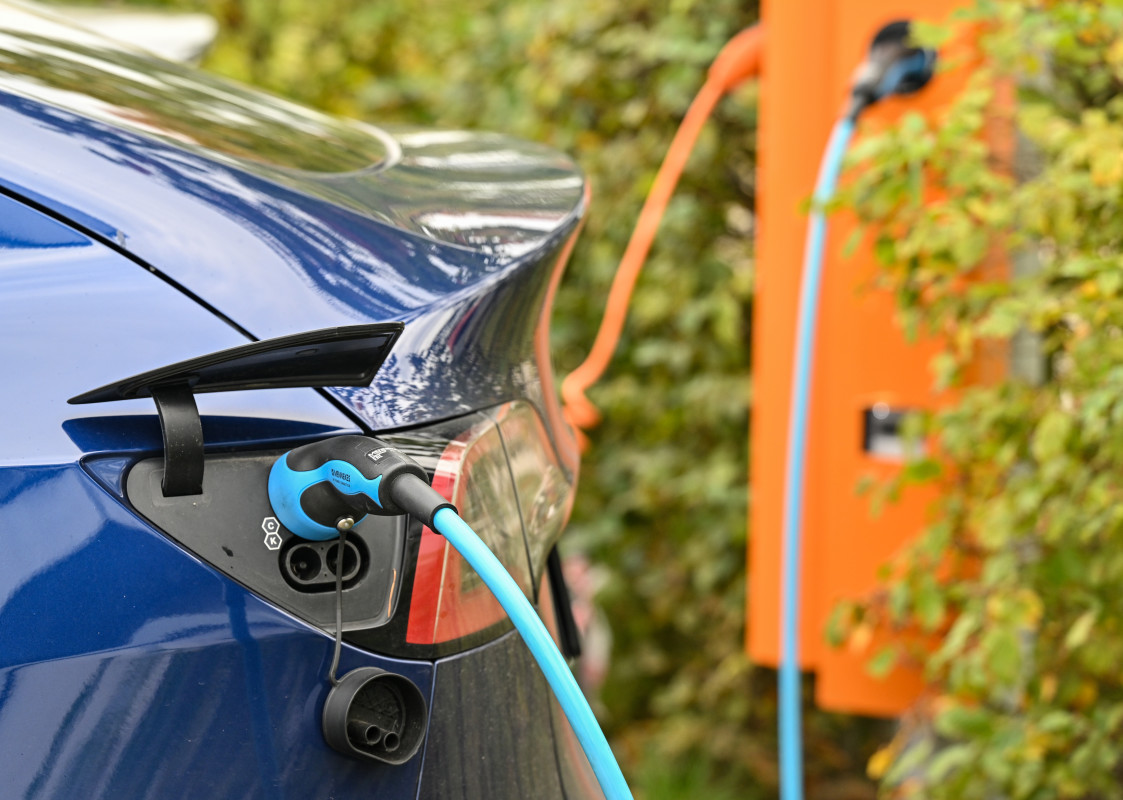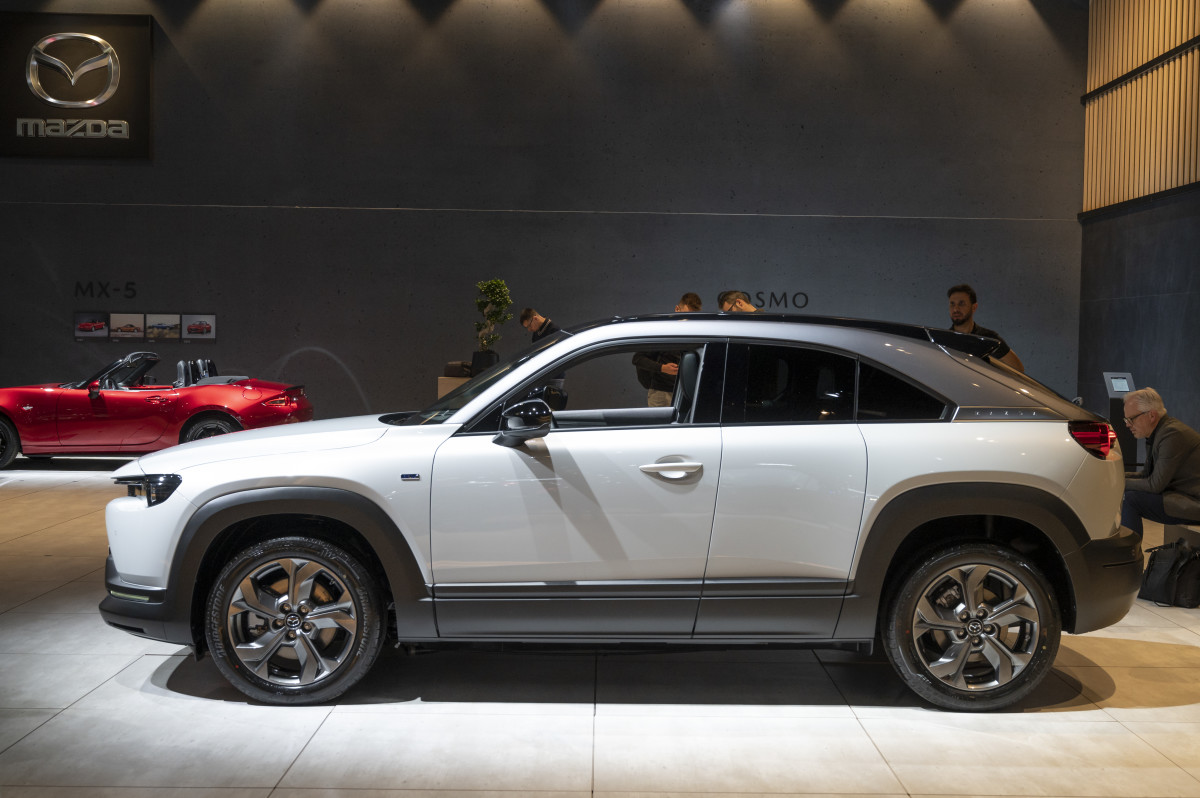
As automakers come to grips with the realities of the American consumer and their interest (or lack thereof) in electric vehicles, many have noted considerable delays in their EV investments.
Despite these delays, the goal of many of these automakers remains total electrification, just over a longer time period. General Motors (GM) -), which has postponed a coming lineup of EVs to protect profitability, still plans to be "all light-duty vehicles EV by 2035," according to CEO Mary Barra.
Mazda (MZDAF) -), meanwhile, is maintaining its slow roll when it comes to electrification, focusing instead on building up its hybrid offerings to meet customers where they are.
Related: Here's the full story behind electric vehicle adoption
"One of the big issues for us is demand is uncertain," CEO Masahiro Moro told Automotive News Monday. "In the current market, the reality for electrification, in particular for battery EVs, is the pace is not that high. So we may start a little slower in terms of the ramp-up."
Saying that the next few years will be "bumpy" for electrification, Moro called Mazda an "intentional follower" of fully electric vehicles.
Moro still expects EV sales to make up 25% to 40% of Mazda's global car sales by 2030, a boost that would be reliant on the successful launches of a new EV lineup.
EVs made up fewer than 1% of Mazda's global sales of 931,000 vehicles through September, although total electric offerings accounted for roughly 20% of sales.
Moro said that the company plans to have a lineup of seven to eight EVs by 2030 — he recently established an e-Mazda division that is dedicated to the scalable production of EVs. The first vehicles of this coming lineup, he said, could roll off the line as early as 2025.
Moro said that the division will be focused on producing these EVs with cost in mind.
Related: World's largest automaker makes a big new bet on electric vehicles
The hybrid chapter of the EV narrative
Mazda's slower electrification plans come as EV adoption, while still notching out new records, is growing at a slower pace than before, something that could be the result of souring American consumer sentiment.
Issues of range anxiety, cost and a lack of charging infrastructure have enhanced EV hesitancy for the mass market, allowing hybrids a chance to surge.
Traditional hybrid sales, according to Edmunds, have outpaced EV sales throughout 2023, accounting for 8.3% of U.S. car sales through November.
Hybrids have remained an area of focus for Toyota, as a bridge toward eventual full electrification. Hybrids, according to Moro, will also be a near-term focus for Mazda.

Adding to Mazda's hybrid lineup — which currently constitutes the CX-90 plugin-hybrid — will be a CX-70 and a CX-50, both of which Moro said will be debuting in the U.S. next year.
The CX-70 will serve as another plug-in hybrid option, while the CX-50, taking advantage of a partnership with Toyota, will be a traditional hybrid.
EV demand, Moro said, is much slower than the industry anticipated.
But with hybrids, "consumer demand is there."
The automaker last year said it would invest $10.6 billion into electrification efforts as part of an electrification plan revealed by Moro's predecessor.
The plan included a goal for the company to be carbon neutral by 2050.
"Nobody knows about the real (EV) demand," Moro said, noting the magnitude of a transition away from internal combustion engine (ICE) vehicles, after roughly a century of investments in them.
Shares of Mazda lifted nearly 1% at last check Monday.
Related: Tesla bulls say electric vehicle demand is soaring. Here's what's really happening
Get exclusive access to portfolio managers’ stock picks and proven investing strategies with Real Money Pro. Get started now.







